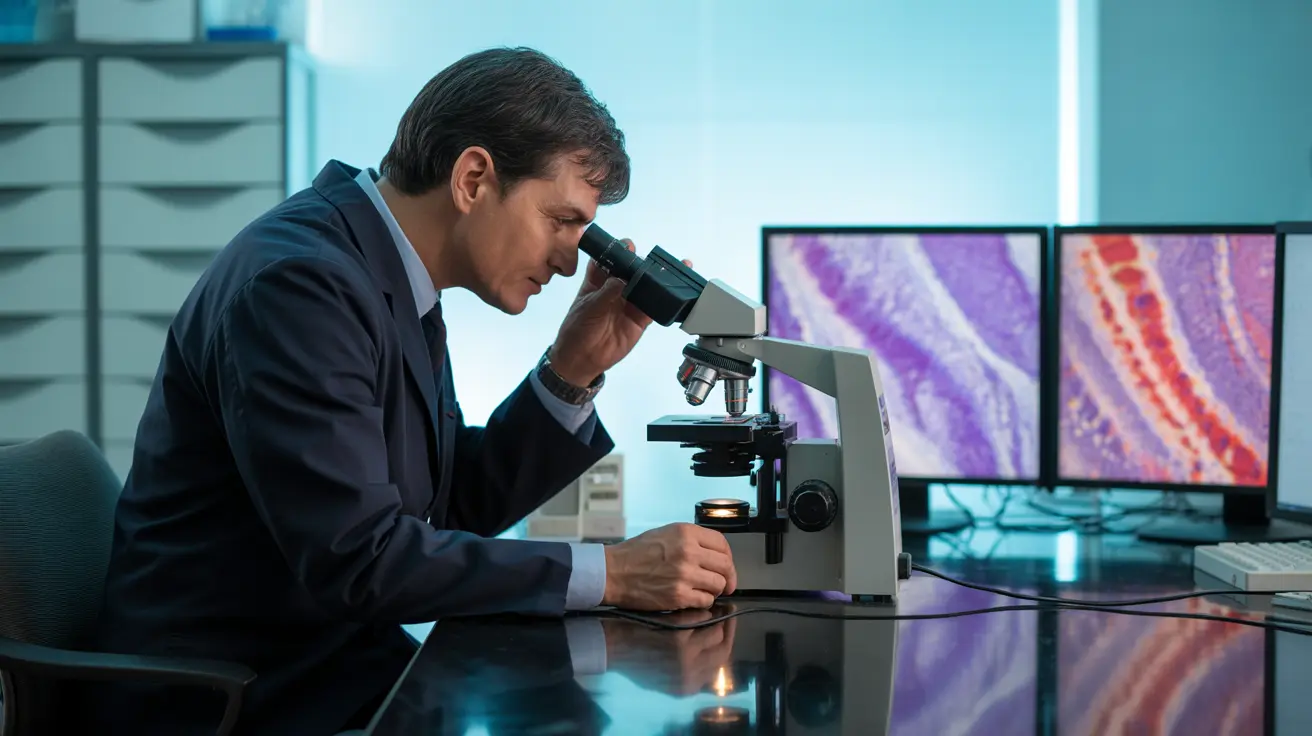Understanding Zoo Animal Disease Diagnosis Through Pathology
Veterinary pathology serves as the foundation for evidence-based animal care in modern zoos. When animals pass away, whether from natural causes, age-related conditions, or illness, pathologists conduct thorough examinations to understand the underlying factors that contributed to their death. This process, known as necropsy, provides detailed information about organ function, disease progression, and potential genetic factors that may affect other animals in the population.
The diagnostic insights gained through pathology extend far beyond individual cases. Patterns identified across multiple examinations help veterinarians recognize early warning signs of diseases, develop more effective treatment protocols, and implement preventive measures that protect entire animal communities.
Denver Zoo Animal Care Enhanced by Pathological Research
DZCA's pathology program exemplifies how systematic post-mortem analysis directly improves care for living animals. The veterinary team uses findings from pathological examinations to refine husbandry practices, adjust dietary programs, and modify environmental conditions to better support animal health and welfare.
This approach proves particularly valuable when working with exotic species that may have limited veterinary research available. Each pathological examination contributes to the growing body of knowledge about species-specific health challenges, optimal care requirements, and potential risk factors that might otherwise remain unknown.
Necropsy Benefits for Animals and Conservation Medicine
The benefits of systematic necropsy programs extend well beyond individual zoos. When pathologists identify infectious diseases, genetic conditions, or environmental factors affecting captive populations, this information becomes crucial for wild conservation efforts. Understanding how diseases affect captive animals helps researchers predict and prevent similar issues in wild populations.
Conservation medicine relies heavily on pathological data to develop strategies for protecting endangered species in their natural habitats. The controlled environment of zoos provides unique opportunities to study disease processes that might be difficult or impossible to observe in wild settings.
Zoo Animal Health Monitoring and Disease Prevention
Modern zoo animal health monitoring incorporates pathological findings into comprehensive wellness programs. Regular health screenings, preventive treatments, and environmental modifications often stem from insights gained through pathological research.
Pathology programs help identify breed-specific or species-specific health vulnerabilities, enabling veterinary teams to develop targeted prevention strategies. This proactive approach significantly improves the quality of life for animals while reducing the incidence of preventable diseases within zoo populations.
Veterinary Pathology Education and Research Impact
Educational institutions and veterinary professionals worldwide benefit from the research conducted through zoo pathology programs. The unique cases and findings generated by facilities like DZCA contribute to veterinary literature, training programs, and continuing education initiatives that advance the entire field of exotic animal medicine.
This educational component ensures that knowledge gained through pathological examination reaches veterinarians, researchers, and conservationists globally, multiplying the positive impact on animal welfare and conservation efforts.
Frequently Asked Questions
What is veterinary pathology and how does it help zoo animals?
Veterinary pathology is the study of animal diseases through examination of tissues, organs, and body systems. In zoos, it helps by providing detailed information about disease processes, treatment effectiveness, and species-specific health challenges that directly improve care protocols for living animals.
Why do zoos perform necropsies on animals after they die?
Zoos perform necropsies to understand the causes of death, identify diseases that might affect other animals, and gather valuable medical information that can improve treatment and prevention strategies for the entire population. This practice is essential for maintaining high standards of animal welfare.
How does pathology improve treatment and care for sick zoo animals?
Pathological findings help veterinarians understand how diseases progress in different species, which treatments are most effective, and what environmental or husbandry factors might contribute to health problems. This knowledge directly informs treatment decisions and care protocols for sick animals.
Can veterinary pathology help prevent diseases in zoo populations?
Yes, pathology plays a crucial role in disease prevention by identifying risk factors, recognizing early signs of emerging health issues, and providing data that helps develop targeted prevention programs. Understanding disease patterns through pathology enables zoos to implement proactive health measures.
How does Denver Zoo's pathology program contribute to wildlife conservation?
Denver Zoo's pathology program contributes to wildlife conservation by generating knowledge about species-specific diseases and health challenges that can be applied to wild population management. The research helps conservationists understand threats to endangered species and develop strategies to protect them in their natural habitats.
Conclusion
Veterinary pathology programs like the one at Denver Zoo Conservation Alliance demonstrate the profound connection between careful scientific study and improved animal welfare. By transforming every loss into an opportunity for learning, these programs ensure that each animal's contribution to knowledge continues long after their passing.
The insights gained through pathological examination create a lasting legacy that benefits countless animals, both in captivity and in the wild. As zoos continue to evolve their role in conservation and animal care, programs like DZCA's pathology initiative will remain essential tools for protecting and preserving wildlife for future generations.






